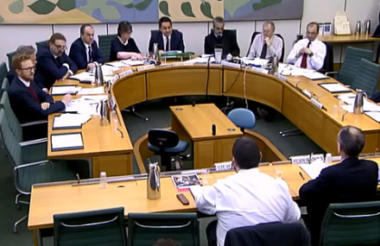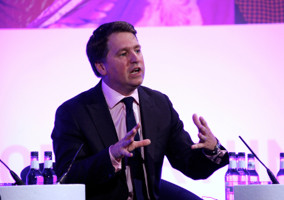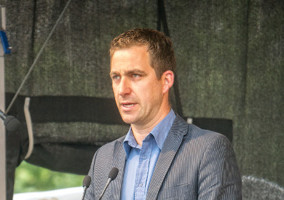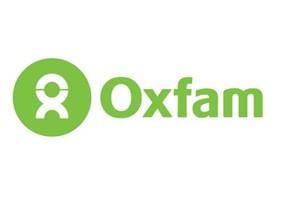Save the Children’s director of child safeguarding has said that there is more sexual abuse of children going on in areas that aid agencies are working than we are aware of.
Speaking to the International Development Committee, Steve Reeves said that organisations need to behave as though this sort of abuse is happening, even if there is no evidence of it, “because there most certainly is”.
Reeves was answering a question from the panel on whether “predatory paedophiles” would actively look to work for aid agencies.
He said that sex abuse in the UK is now known to be far more prevalent than ever thought before, and that “these people will actively seek out opportunities to access children, and they can access children in places where jurisdictions are weaker and where regulations are poorer”.
He said that “there is no doubt that there are people with a sexual interest in children that actively seek out opportunities to work with children,” and that it is a “very considerable problem”.
Adding: “It is beyond a doubt that there is more abuse going on than we know about.
“The message to organisations should be we behave as if this abuse is happening, even if we see no evidence of it. Because there most certainly is and we should behave actively as if it is happening, and put measure in places even if we see no direct evidence of it.”
Reeves told the panel that last year Save the Children spent in excess of £100,000 on DBS checks.
In response, the committee’s chair Stephen Twigg MP said: “I’ve got a horrible feeling we are just reaching at the surface of this.”
‘Predatory males as gatekeepers’
Reeves was sitting on the panel alongside Save the Children’s chief executive Kevin Watkins.
Watkins told the panel that it was often a case of “predatory males in positions of power as gatekeepers.”
He said that the safeguarding concerns that have emerged recently are likely to be widespread, as “the problem is if you put poison into a river all those that use the river will be effected”.
Get it wrong and the ‘whole house of cards comes crumbling’
Watkins called for a globalisation of DBS checks, and promoted the idea of a humanitarian passport system to track and accredit aid workers.
He said: “The argument against the humanitarian passport system that us and a lot of agencies have advocated for is that it would be terribly complicated and difficult to put in as we don’t have a global or multilateral framework to do so. My short answer is create one.
“It is clearly a complicated problem but the consequences of not doing it are monumental, leaving aside the reputational affects for agencies. So we have to tackle this. If we get this one area of regulatory activity wrong this whole house of cards comes crumbling.”
Watkins said we “have to recognise that this is not the occasional bad apple we are dealing with here. It is a structural and systematic problem we have to deal with through proper integration.”
Staff dismissals from safeguarding and harassment cases
Answering questions on the number of child safeguarding cases raised with Save the Children, Watkins said that in 2016, the last year he had comprehensive data for, there were 193 child safeguarding cases. Of these, 53 were taken to a full investigation. And of those investigated, 20 cases involved files being handed to the police, and 11 people were dismissed from their roles at Save the Children.
But he said that it is always difficult to know “if you are catching the tip of the iceberg, or the iceberg itself”.
He said in terms of sexual harassment cases of adults, there were around 35 cases raised across the whole of Save the Children International’s programme delivery platform last year, of which 19 resulted in staff dismissals.
|
Related articles











